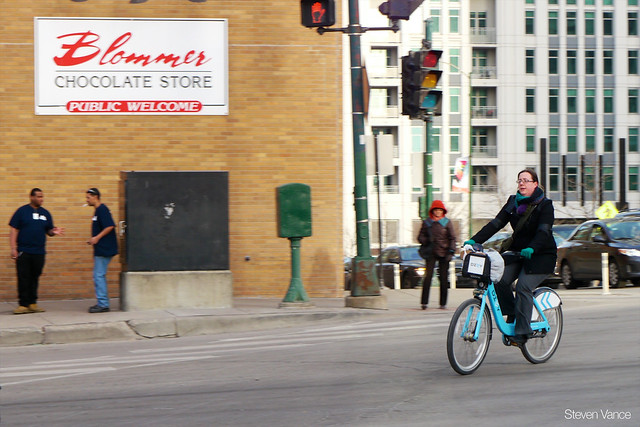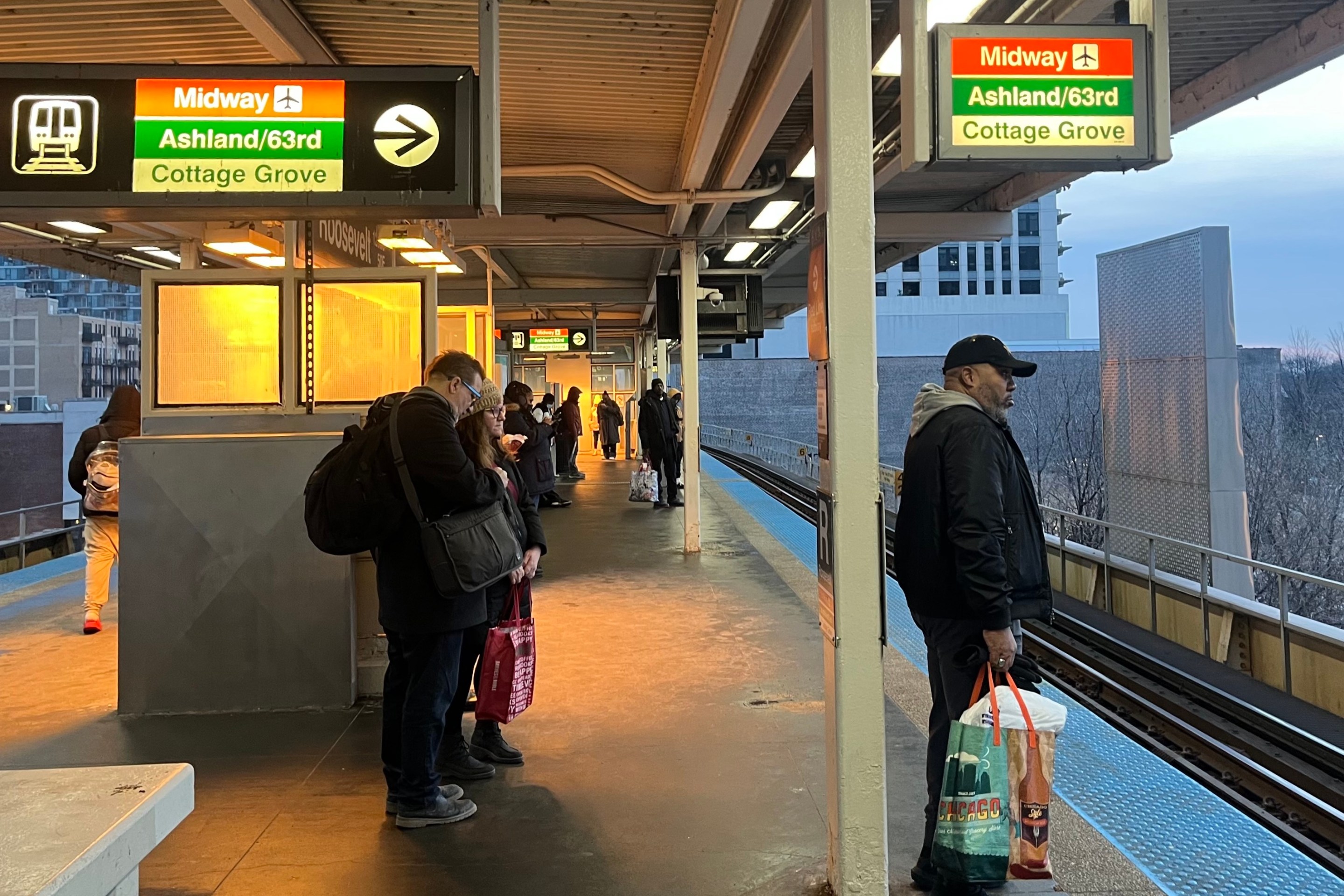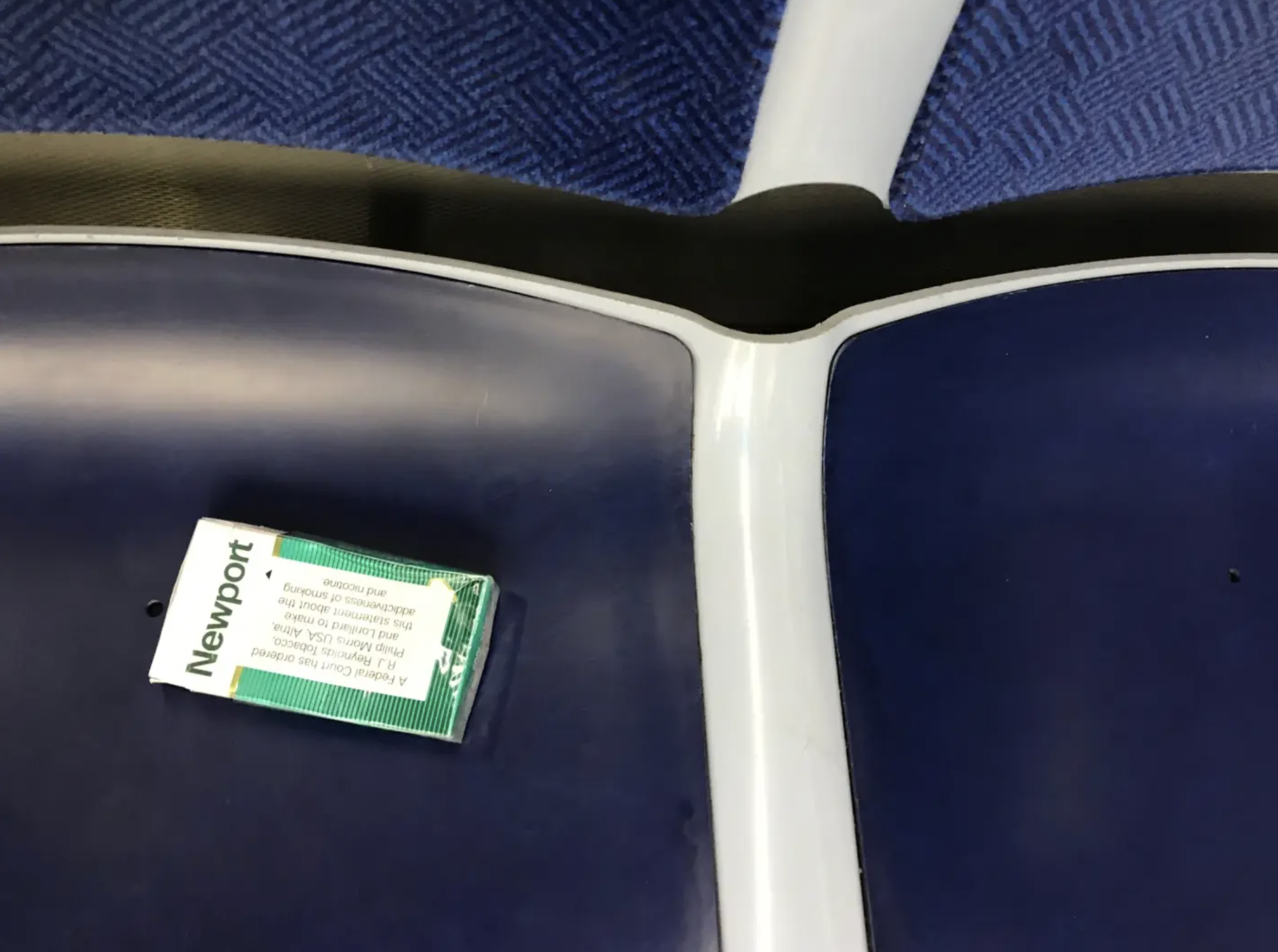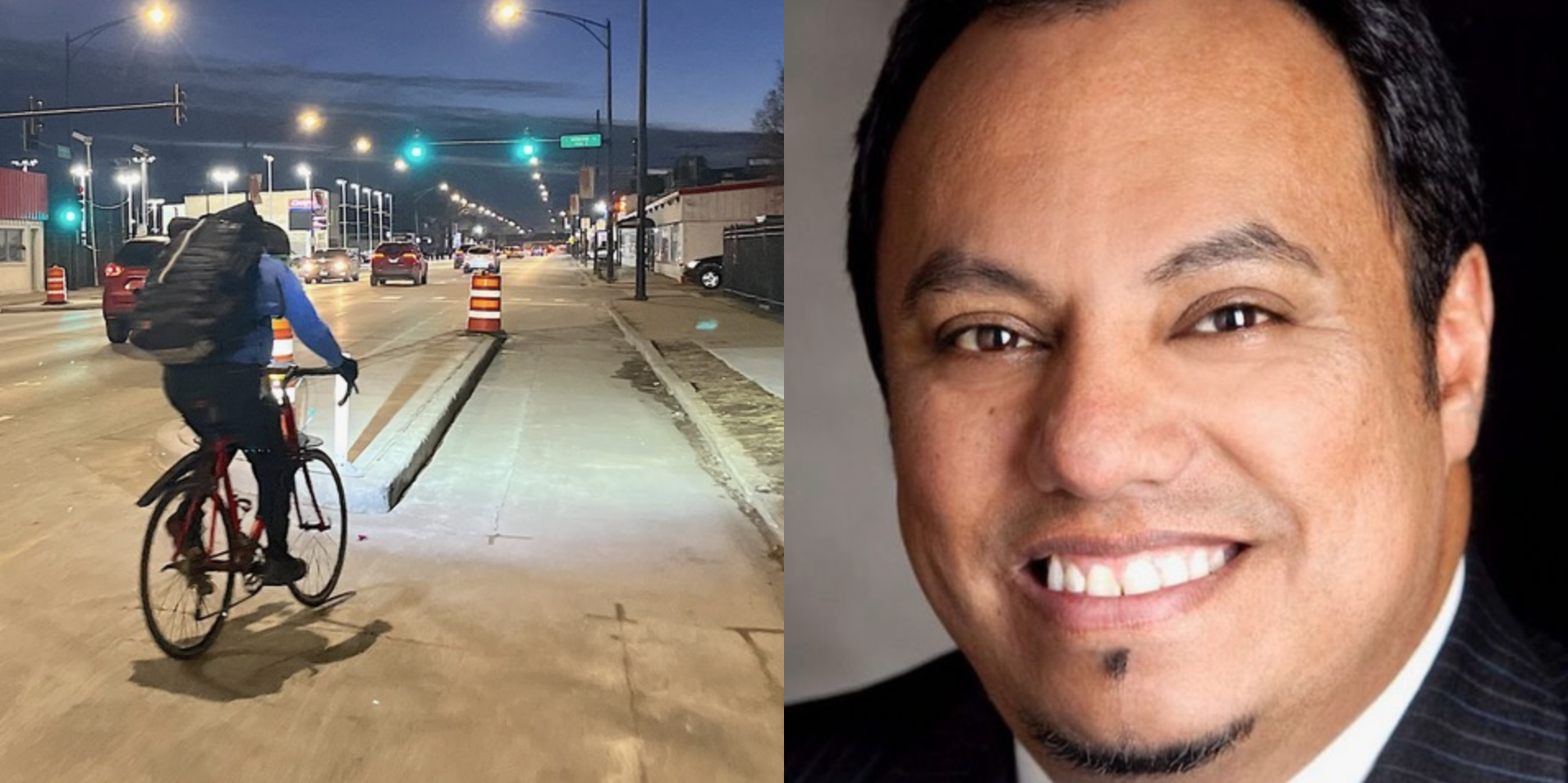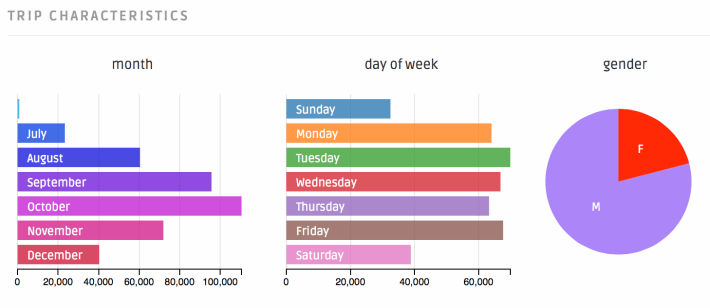
Divvy's data release last month raised as many questions as it answered about bike-share use in Chicago. Chicago Spectrum was the first to point out that there's a large gap between male and female Divvy members. Women make up 31 percent of the membership, but the trip data showed that women made only 21 percent of the trips.
This is out of sync with other bike-share systems, which tend to see a greater share of female riders than the cycling population at large. The reverse seems to be true in Chicago.
Approximately 27 percent of Chicago bike commuters are women, and according to the most recent available data (from 2009), women made 24 percent of bike trips nationally. In New York City, where Citi Bike launched in May 2013, students at Hunter College observed that women accounted for 31 percent of Citi Bike riders, compared to about 24 percent of other cyclists, not including delivery workers.
So why are women riding Divvy less often than men, and why is women's share of Divvy trips smaller than their share of overall bike trips in Chicago?
According to the League of American Bicyclists' Women Bike Report [PDF], more women than men say they don't bike because they need to "carry more stuff," and fewer women than men "say they're confident riding on all roads with traffic." The authors also concluded that "in the United States, travel patterns tend to be more complex for women than men, due to childcare and household responsibilities."
In interviews with 14 women – all but one of whom already bike in Chicago – several common threads surfaced about the what might be holding women back from riding Divvy more.
"My gut tells me that it is simply a reflection of the world at large," said Carrie Hirsch, a board member of Windy City Cycling Club, a riding and social group for LGBT Chicagoans. "The streets are bad, drivers are bad, and less women want to deal with traffic."
Safety concerns about riding in traffic and on Chicago roads, complicated by winter weather, were prominent. Jennifer James, who often rides a bicycle carrying her sons, said, "The roads aside, I find the drivers are very unsafe this winter." Lisa Curcio mentioned the poor state of the roads, too, saying, "The days I have missed riding to commute this year have mostly been because of bad roads."
Jaqueline Norton, a law librarian who walks to work from West Town to River North, said she doesn't ride a bike because she doesn't feel safe biking in Chicago, "having had enough close calls as a pedestrian." She also said it'd be hard to bike to work wearing certain skirt styles and dealing with helmet hair after, but she said that "thinking about this now, Divvy may be very useful for returning from work when appearances matter a little less."
Better-designed bike lanes like Dearborn, a two-way protected bike lane that cuts through the Loop, may be what's needed change the share of women who bike and ride Divvy. Anne Alt, a paralegal who works downtown and organizes group rides with Chicago Cycling Club, said, "My personal observation in the Loop is that more women feel more comfortable in the Dearborn bike lane – at least when weather conditions aren't extreme."
Two women had joined Divvy, but they rarely use it. Curcio said she doesn’t ride it much, adding, "I consider Divvy to be a 'go a short distance' tool, or a bike to use when my bikes are not available." Since most of the women I spoke to own bikes, they may not be Divvy's target customers. Lisa Hilleren, who works in a law office downtown, said she has two bikes, her commute is more than 30 minutes, and the Divvy bike is too big for her. (Hilleren is a member of Tiny Fix, which started out at as "three female cyclists under five foot two.")
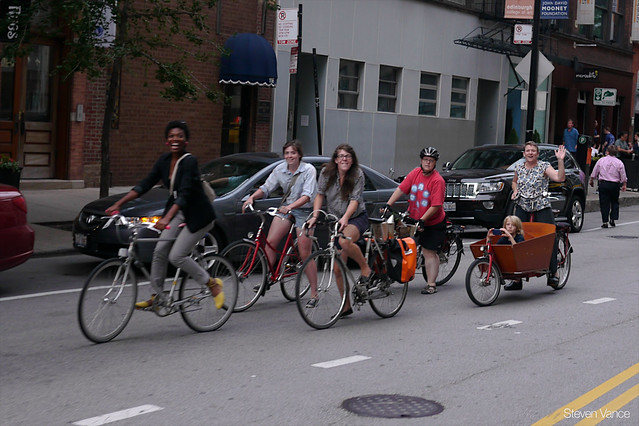
Eboni Senai Hawkins, co-founder of Red Bike & Green, said that during a women's bike ride last fall where Divvy bikes were available for those who couldn’t supply their own, she noticed the "more petite women in the group had some serious issues trying to make adjustments." She added that after she tried it she thought the experience was "okay, but I sorely missed the familiarity of my own bike."
One of the most prevalent responses was that Divvy bikes have little utility for transporting things. "One of the comments I've heard a number of times (more from women than men) is that they wish Divvy had a somewhat larger rack or basket up front for shopping trips," said Alt.
Jane Healy, former board president of Active Transportation Alliance, said, "when I ride Divvy (which I do all the time), I end up having to carry most of my purchases on my body _ which is not nearly so convenient." And Hawkins said that "the prospect of having multiple bags is a deterrent… especially if I wind up buying more than I anticipate (which frequently happens)."
On Twitter, Evanston resident Candace Hill said, "I think women have more errands and must carry more bags and parcels. Longer to-do lists in life." Kilgore echoed this comment, saying women link more trips together in the same journey.
Many of these issues with the bike design should affect more bike-share systems than Divvy, however, since NYC and several other cities have the same bikes. But other systems with the same bikes have not reported the low ratio of female riders that Chicago has.
A few people responded that they think more women will bike – and use Divvy – when they overcome perceptions about the difficulty of riding in certain types of clothes. Said Healy, "I think as more women realize the ease and convenience of riding a Divvy bike (no problem with skirts, no problem with heels), I think that trend [of low Divvy use] will begin to change."
There is some evidence that women's share of bike-share use increases after the first year. According to the Women Bike report, 54 percent of Capital Bikeshare members were women in 2012, an increase from 40 percent in the system's first six months of operation.
But one major concern that came up in interviews isn't related to the design of the bikes: the perception of safety. This is backed up by national studies, cited by researchers John Pucher and Ralph Buehler in their 2012 report, City Cycling, in which women express more concerns about safety than men. One study they cite concluded that men are more "traffic tolerant." If the disparity between women and men on Divvy persists, it could be an important signal that Chicago's streets don't feel as safe from traffic as streets in other cities.
You can continue this conversation at the Second Annual Day of Dialogue and Demonstrations, organized by Women Bike Chicago, on April 12 in Pilsen.
